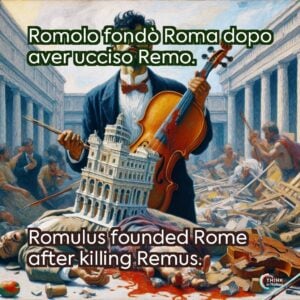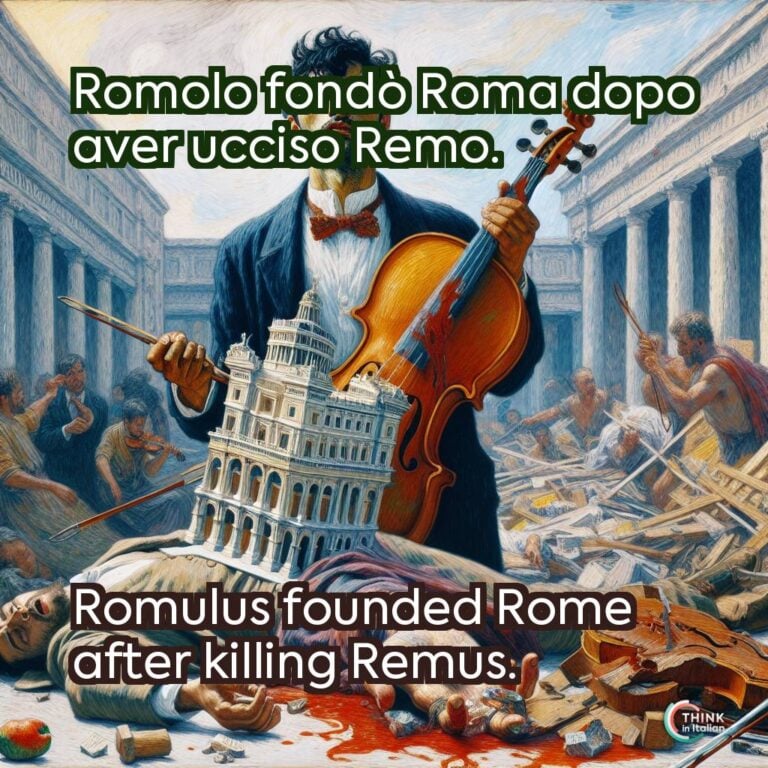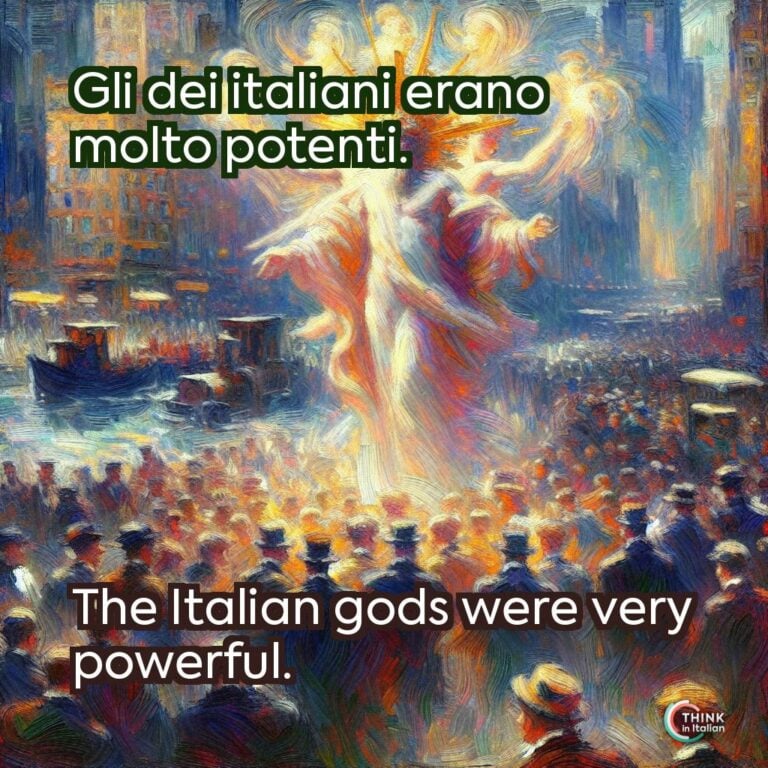Discovering the Gods and Heroes of Italian Mythology
Are you captivated by ancient tales of gods, heroes, and mystical creatures? Myths and legends have long offered humanity a means of understanding the mysteries of life, and Italian mythology is no exception.
Most of these stories reveal beliefs, values, and cultural identities that have shaped Italian history and imagination for thousands of years.
For me, Italy’s mythology is a fascinating mix: from the powerful gods of Rome’s classical pantheon to mystical spirits celebrated in local folklore. Love, war, wisdom, and nature converge through gods and heroes who were adored, feared, and revered.
Not only do these bring to life Rome’s majestic gods, but also invite you to explore lesser-known legends who still influence today’s Italian culture.
In my attempt to give you a brief yet exhaustive overview of these stories, I will guide you through a world where the divines and mortals collide, and where mythology meets history, art, and language.
Etruscan Influence on Italian Mythology
Long before Rome’s rise, the Etruscans laid the foundation of Italy’s spiritual world, shaping myths that later influenced Roman beliefs.
I take this part of history very personally, as I originally come from a city close to Rome where the Etruscan influence can still be seen and perceived.
As the Roman Empire expanded, Italian mythology blended with Greek influences, creating unique interpretations of gods and heroes.
Italian mythology also stands apart from other ancient cultures: where Greek myths often focus on individual glory, Italian ones emphasize loyalty to family and society.
Most of these symbols reflect core Italian values and ideals which still strongly apply in today’s world, like duty, family, and piety. These stories highlight how Italian myths echoed the values central to Rome’s unique cultural and societal identity.
People in Italian Mythology
Italian Gods
The core of Italian mythology includes the well-known gods of the Roman pantheon.
Saturn, the god of agriculture, once ruled a golden age of peace. His reign ended when his son, Jupiter, took the throne as king of the gods.
Jupiter then ruled as the god of the sky, wielding thunder and embodying authority. He married his sister Juno, goddess of marriage, who watched over families and women.
Together, they led the divine realm, a pair both feared and respected. They watched over humanity, symbolizing leadership, order, and stability.
Venus, adored for her beauty, brought love and fortune to her followers. She deeply influenced the Roman society, as she was revered for her association with life’s pleasures and the continuity of families.
Mars, the god of war, wasn’t just a fierce warrior but a symbol of strength and courage, especially revered by soldiers and seen as the father of Rome’s founders, Romulus and Remus.
Italian Heroes
Italian mythology is rich with legendary heroes whose acts reflect bravery, loyalty, and sacrifice.
Romulus and Remus, twin sons of Mars, were abandoned as infants and raised by a she-wolf. Their story of brotherhood and rivalry culminates in Romulus founding Rome after a tragic conflict, embodying themes of unity and ambition.
Aeneas, who fled the burning city of Troy and journeyed to Italy, represented the dedication to family and duty, two important values encapsulated by the Roman term pietas.
Hercules, renowned for his strength, also found his place in Italian mythology, completing feats that inspired admiration for his resilience and courage.
Italian Spirits
Beyond the well-known gods, Italian mythology is filled with lesser-known deities and mystical beings that shaped daily life.
Minerva, the goddess of wisdom, guided craftsmen and strategists, symbolizing intelligence and skill. Vesta, goddess of the hearth, provided protection and continuity.
More recent and regional legends include figures like La Befana, a folk witch who delivers gifts to children on Epiphany. This figure merges pagan and Christian elements, showing how Italian folklore evolved to reflect changing beliefs while retaining the mystical reverence for everyday life.
The Influence of Italian Mythology
Italian Mythology’s Role in Art, Literature, and National Identity
Italian mythology has significantly shaped the country’s art and literature. During the Renaissance, gods like Venus and heroes like Hercules inspired artists to depict ideals of beauty, strength, and intellectual growth.
My favorite example is Michelangelo’s David, one of Italy’s most iconic sculptures. It exemplifies this artistic revival, portraying the courage and resilience associated with Italian heroes.
Today, most of these myths continue to influence Italian culture, with mythological references found in literature, political discourse, and festivals blending ancient and modern Italian identity.
Embracing the Legacy of Italian Mythology
Italian mythology, its tales, gods, and legendary heroes, connects us to Italy’s soul and spirit, with timeless stories that serve as reminders of the human experience.
Exploring Italian mythology for me feels like reconnecting with a part of my own heritage. As a native Italian, I grew up with these stories, learning about gods, goddesses, and heroes in school.
Yet, revisiting these tales as an adult, I’ve come to appreciate not just the epic adventures but the timeless values that they convey: loyalty, courage, love, and sacrifice.
These myths aren’t just distant echoes of the past, but they’re closely linked to the fabric of Italy’s identity, shaped by countless generations and diverse cultural influences.
Beyond the lessons in history and language, these stories reveal a shared heritage that shapes Italy’s art, festivals, and cultural spirit.






